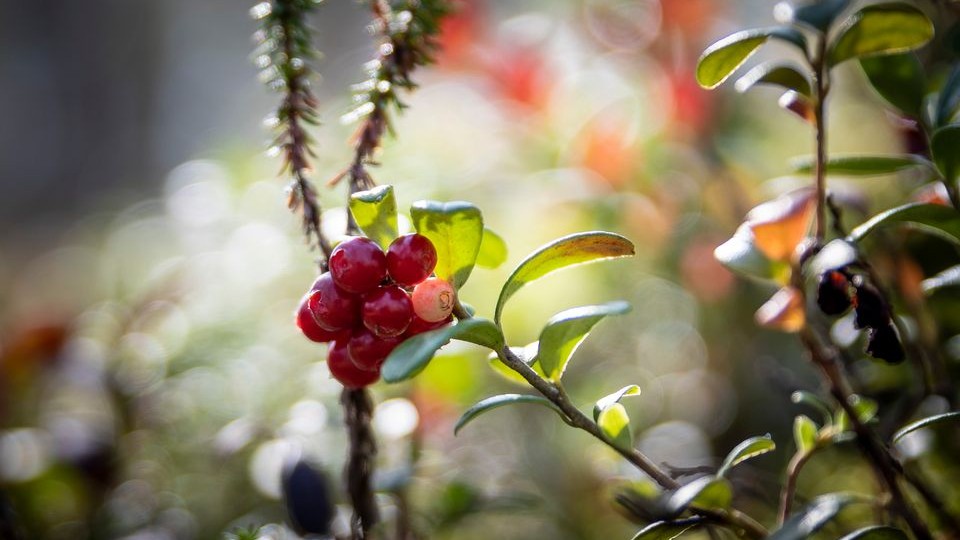Finland’s lingonberries can fight obesity, study says

Lingonberries can have significant health benefits and counteract many problems caused by being overweight, according to a recent study by the University of Tampere, in southern Finland, which looked at the impact of the boreal forest fruit on obesity and low-grade inflammatory conditions in the body.
Although the health effects of many berries found in Finnish forests are well documented, the tart red lingonberry is one of the least studied berries.
Professor Eeva Moilanen, who led the research at the University of Tampere, told Yle the results are very promising, and supported the findings of similar studies conducted in Sweden.
In the study conducted at the University of Tampere, mice were fed a diet high in saturated fat to correspond to a typically unhealthy human diet. The diet caused the mice to develop a metabolic syndrome of conditions, with weight gain and increased visceral fat. The levels of blood sugar, insulin and cholesterol also increased, and the mice developed low-grade inflammatory conditions.
A separate group of mice was given lingonberry powder in the feed, which was discovered to prevent the harmful effects of the high saturated fat diet on cholesterol and sugar levels.
The inflammatory values, obesity hormone levels, and hepatic metabolic changes of the lingonberry-fed mice were also lower.
At this stage of the research, it is unclear what aspect of the lingonberry caused the health effects observed in the study, Moilanen explains, but it may be a single compound or a combination of several factors.
Lingonberry research spreading to other industries
Scientific research on the lingonberry has increased in Finland in recent years, and the results of previous studies have piqued interest — especially in the commercial sector.
In Kajaani, for example, research cooperation is currently underway between the Measurement Technology Unit of the University of Oulu and Finland’s berry companies. One of the goals of this research is to find ways in which the berry can be further processed.

The interest in the lingonberry has also led to cooperation in the field of cosmetics, and the patent for making berry concentrate developed at Kajaani University Centre has already been sold to a cosmetics company.
Mari Jaakkola, a researcher at the University of Oulu, explained that the health effects of the berry compounds used in cosmetics have been carefully researched, and is not just about marketing magic.
“Consumers are very careful about what is used in cosmetics and how the ingredients work. With cosmetics companies, I have noticed that the research has only continued with active compounds,” Jaakkola said.
Is the Finnish lingonberry healthier?
The anti-inflammatory properties of lingonberries may also help in the treatment of other diseases, according to Professor Moilanen, as the research results suggest lingonberry compounds could help with rheumatism and other inflammatory diseases of the body.
Moilanen further speculates that berries and other natural products found in the Arctic may contain more health benefits than those grown further south, as the environmental conditions — such as abundant summer light and low temperatures — can affect the berries’ phenolic compound.
However, more research into the effects of the lingonberry will be required before the health benefits of the product can be marketed, as EU guidelines demand further evidence before a product’s packaging can contain such information.
Related stories from around the North:
Canada: Community in Arctic Canada finding new ways to produce food, CBC News
Finland: Climate change spurs growth of exotic fruit in Finland, Yle News
Sweden: Swedish farmers cautiously optimistic about harvest after last year’s drought, Radio Sweden
United States: Summer heat hastens Alaska peony harvest, Alaska Public Media



